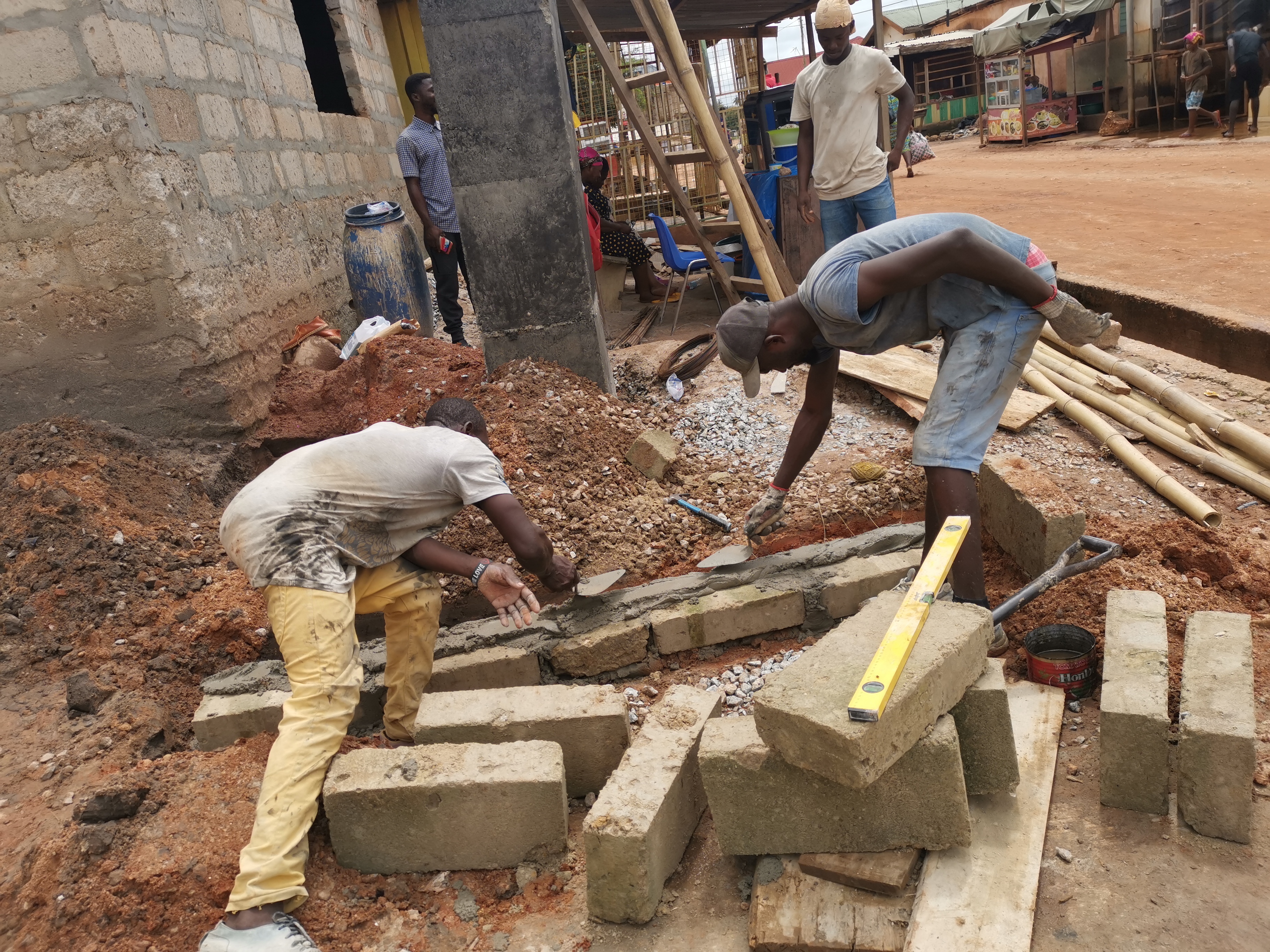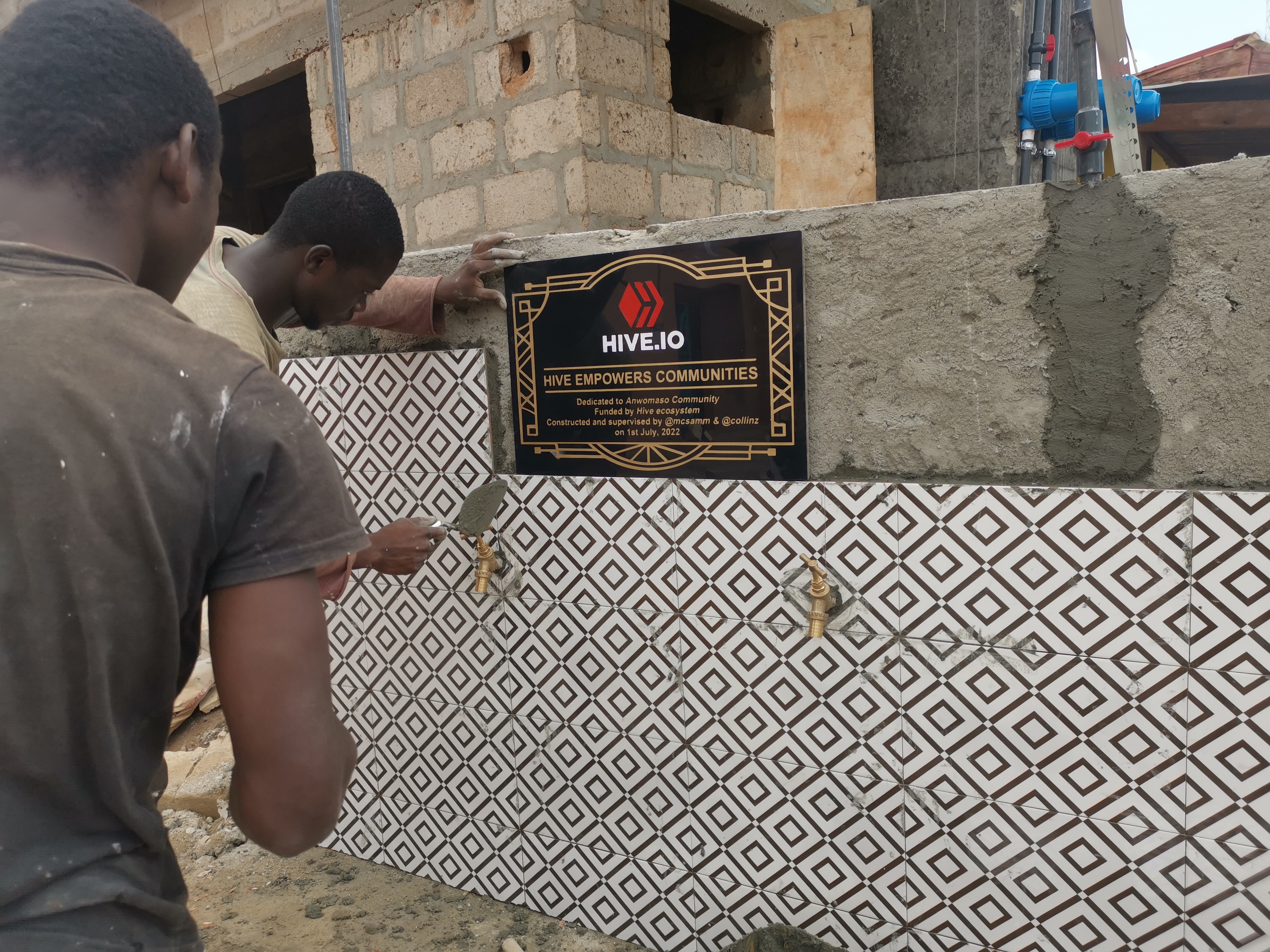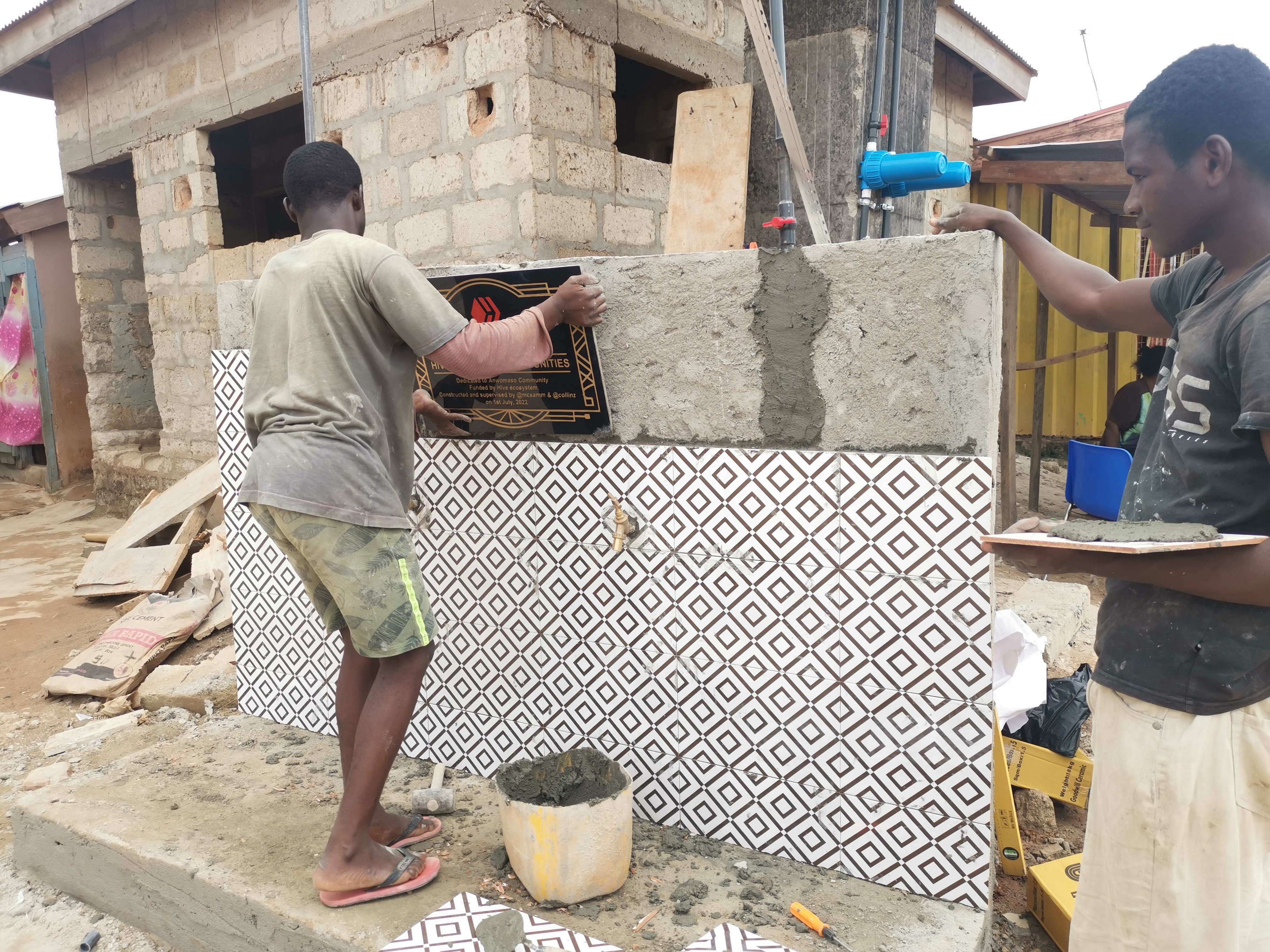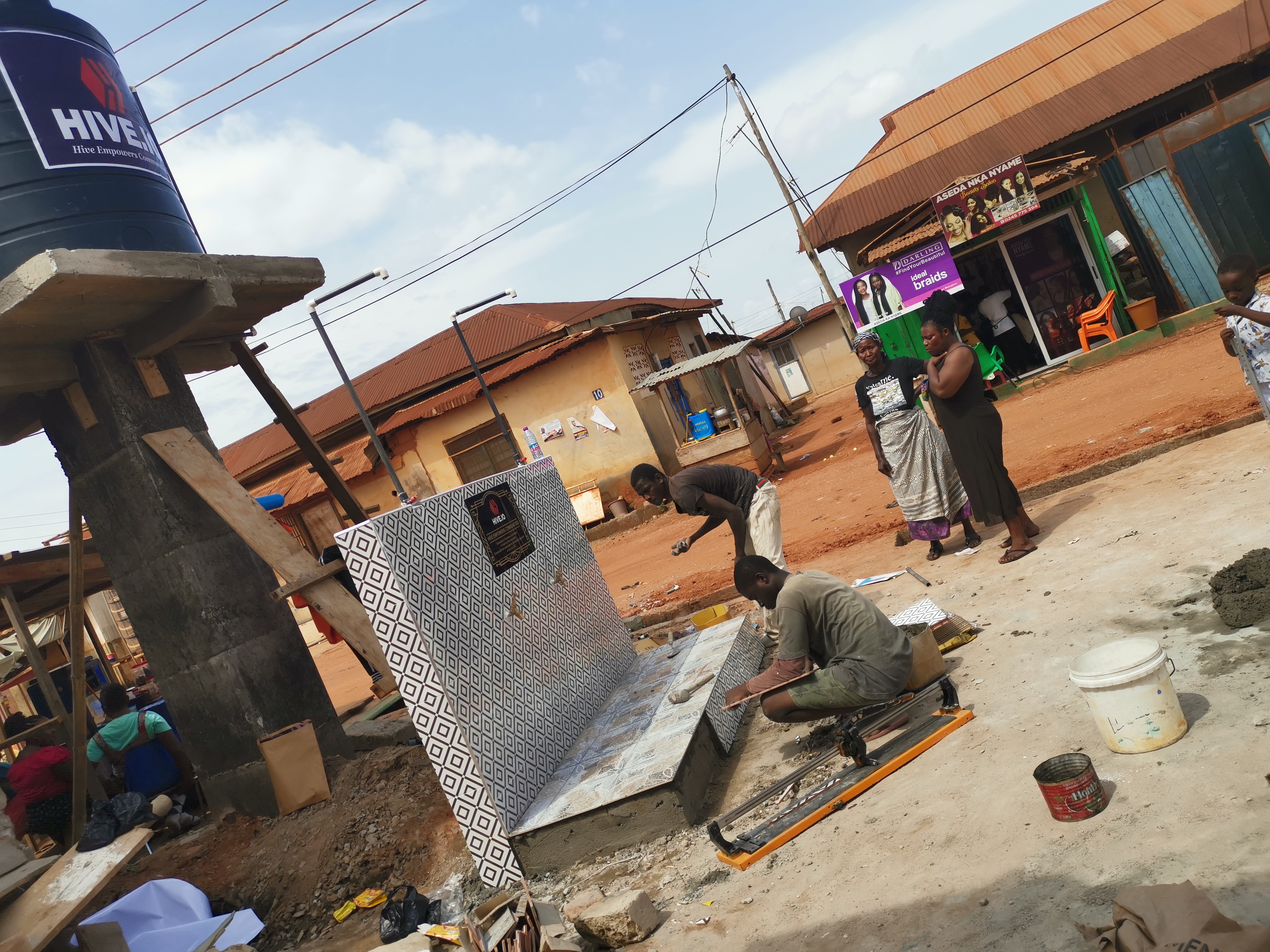Improving career opportunities and employment in Africa.
Several African nations continue to be in the formative stages, and roadways, trains, tunnels, terminals, manufacturing centres, and other infrastructure are desperately needed to support national development, development, and urbanisation efforts. I believe that most African nations, including Ghana and Nigeria, place higher importance on academic credentials than on talents. This is due to the battle for the limited available job chances, and the more certifications you have, the more likely you are to get one, yet this has resulted in a stream of graduate students with no skills necessary in the labour market.
In Ghana, the government is working to address this issue by involving adolescents in the informal employment sector and pushing them to get certification from Technical And vocational education Centres in order to increase their chances of becoming recruited in the official labour market.

When we speak about youth empowerment, we should focus on the enormous number of inexperienced or undereducated children living in suburban and rural towns with no skills and unable to find work.
Obviously, formal schooling should not be seen as a panacea in the fight to increase adolescent employment and labour access. It is incorrect! Yes, facts demonstrate that knowledge and abilities may assist kids to get entry into the job market; but, what kind of education should be taken into account?
A major key reason why unemployment rates in Africa continue to rise is that our culture appreciates academic degrees more than vocational/skill-based ones, despite the fact that firms desire more qualified entry-level workers. Non-formal sector-specific training may readily provide skills such as hard work, teamwork, problem-solving skills, written and spoken presentations, innovation, entrepreneurship, language competency, and even digital skills.



Such Technical And vocational education Education Learning Centers or courses develop skills in a variety of methods, including job-based training, hands-on teaching, and excellent teaching strategies. It may have the framework of a formal centre or an informal approach to increasing the abilities needed by young people to acquire employment. Because a large number of jobless teenagers reside in rural regions, technical or vocational centres seem to be the only method of assisting them in their fields of labour, whether agricultural, aquaculture, travel and tourism, construction, or even volunteer work.
Programs that teach literacy, fundamental knowledge, and lifelong learning must be added to vocational training programmes. Vocational training has a very particular purpose: to strengthen abilities connected to certain technologies and to further develop them in the workplace. Vocational education, as an integrated aspect of general education, is to be considered a way of preparing for occupational fields and successful involvement in the world of labour.



Through this article, I would want to recognise the hive ecosystem's efforts to provide clean drinking water to Ghanaian communities. Through the programme, certain young men with specific skills have been given the chance to work on the construction of the hive borehole. This seems to be a terrific offer, which we believe will assist give work to persons who have vocational skills that are required at any time.
This post has been manually curated by @bhattg from Indiaunited community. Join us on our Discord Server.
Do you know that you can earn a passive income by delegating to @indiaunited. We share 100 % of the curation rewards with the delegators.
Here are some handy links for delegations: 100HP, 250HP, 500HP, 1000HP.
Read our latest announcement post to get more information.
Please contribute to the community by upvoting this comment and posts made by @indiaunited.
Thanks as always